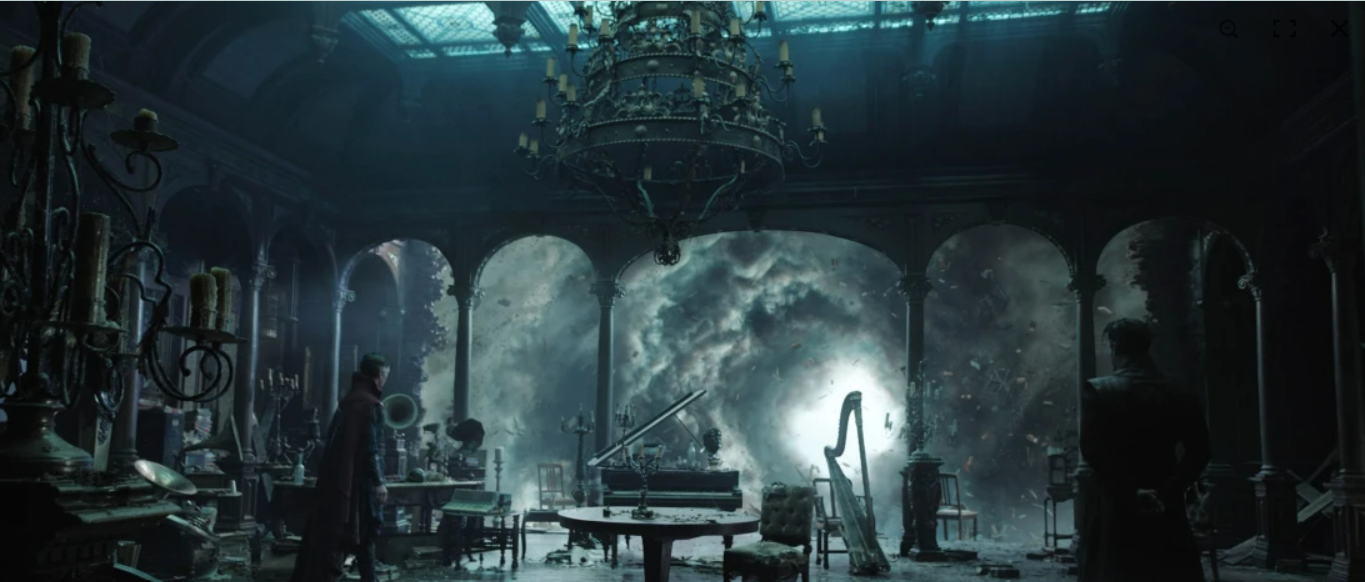Dr. Stephen Meyer Visits the Multiverse of Madness
On today’s ID the Future, radio host Michael Medved sits down with bestselling science author Stephen Meyer to discuss the Marvel movie Dr. Strange in the Multiverse of Madness. Medved isn’t wild about the film, but he uses it as a springboard to dive into what he calls “the madness of the multiverse”—namely, the proposals in physics and cosmology for the idea that our universe is just one of many universes. Meyer explains some of the early motivations among twentieth-century physicists and cosmologists for proposing a multiverse. Then he turns to what he says is the main driver for interest in the multiverse in our day—a desire to explain away something that is deeply puzzling on the grounds of atheism, namely that the laws and constants of physics and chemistry are exquisitely fine tuned for life.
For the atheist, fine tuning smells too much like intelligent design, and on a cosmic scale. The solution from the atheists: there are countless universes, they suggest, maybe even an infinity of them, and our universe is just one of the lucky ones with the right laws and constants to allow for life. In essence, we won a multiverse cosmic lottery. Meyer’s recent book, The Return of the God Hypothesis, lists multiple problems with this explanation. The book is available at Amazon and major bookstores. Here in his conversation with Medved, Meyer begins to unpack his case. One problem is that these postulated universes are unobservable and that even indirect evidence for them is weak to non-existent. But Meyer cites a more fundamental problem: a multiverse, it’s broadly agreed, would require a multiverse-generating device, and it’s now clear that it would have to be exquisitely fine tuned to generate even one habitable universe. So the multiverse theory doesn’t remove the need for a fine tuner. It merely moves the need back a step. Meyer says the fine tuning of the cosmos is better explained by reference to the one type of cause that in our experience is able to look ahead and fine tune multiple components to achieve a goal—intelligent agency.
Image courtesy of Marvel Studios
